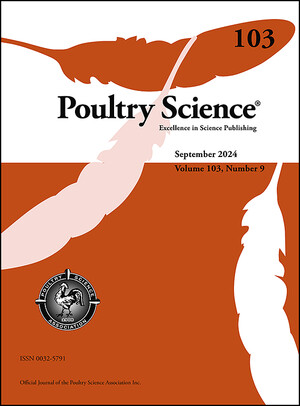
Improving the accuracy of genomic predictions in small holder crossed- bred dairy cattle
Abstract
The impact of utilizing the genomic relationship matrix (G) computed based on breedwise allele frequencies or different scaling factors on the accuracy of genomic prediction in cross-bred dairy cattle in smallholder systems was investigated. Data consisted of genotypes from the Illumina HD chip and yield deviations for daily milk yield of 1034 cows in East Africa, from varying crosses between 2 indigenous African and 5 exotic dairy breeds. GBLUP analyses with different G were undertaken and accuracy of genotypic prediction determined for four classes of cows with > 87.5% (C1), 61−87.5 %( C2), 36−60% (C3) and < 36% (C4) exotic genes. The accuracy from regular G were 0.40, 0.28, 0.38 and 0.18 for C1, C2, C3 and C4 cows respectively. Scaling G in proportion to the inverse of the expected marker variances or using standardized allele frequencies increased accuracy to 0.20 for C4 cows but other classes of cows were unaffected. Utilizing scaled allele frequencies based on the 7 breed proportions estimated for cows by admixture analysis slightly lowered accuracy for all categories of cows. This could be due to associated errors in estimating breed proportion given the limited data set. However, a scaling based on proportion of exotic versus indigenous genes gave similar results apart from C1 cows with estimate similar to those from regular G. In general, the regular G was very robust in estimating accuracies for the various categories of cows but modification that standardized variances of allele frequencies seem to benefit the cows with low proportion of exotic genes.
Citation
Mrode, R., Ojango, J., Gibson, J.P. and Okeyo, M. 2019. Improving the accuracy of genomic predictions in small holder crossed- bred dairy cattle. Paper presented at the Seventh All Africa conference on Animal Agriculture, Accra, Ghana, 29 July-2 August 2019.








